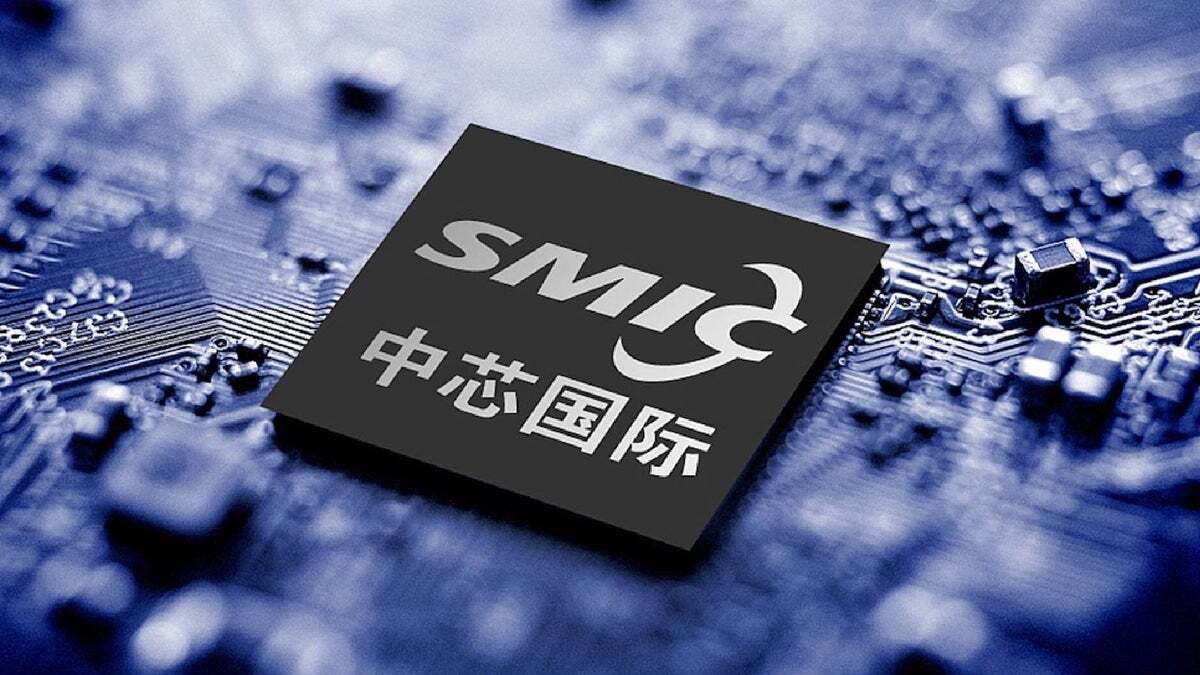Lawmakers in the U.S. seek to tighten sanctions on Huawei and its suppliers

Back in 2020, one year after putting Huawei on the Entity List preventing the company from doing business with its U.S. suppliers, the U.S. Commerce Department went a step further. New export rules were crafted that prevent Huawei from obtaining cutting-edge chips from foundries that use American technology to manufacture chips. This, plus sanctions preventing Dutch firm ASML from selling its extreme ultraviolet lithography (EUV) machines to Chinese foundries, had stymied Huawei.
It wasn't bad enough that Huawei was forced to pack its P50, Mate 50, and P60 flagship phones with older Snapdragon SoCs, these chipsets also had to be tweaked to prevent them from working with 5G. Without access to an EUV machine, China's largest foundry, SMIC, was stuck building chips using its 7nm node but still managed to pull off a huge surprise last year when it manufactured the Kirin 9000s application processor (AP) for Huawei.
The 5G Kirin 9000s AP was built by SMIC using its 7nm node
Using the 7nm node for the Kirin 9000s means that SMIC was working with larger transistors limiting the transistor count of the Kirin 9000s compared to rival chips. At the time, Apple was using the 3nm A17 Pro (stuffed with 19 billion transistors), and several Android flagships were powered by the 4nm Snapdragon 8 Gen 3 AP or the powerful 4nm Dimensity 9300. The transistor counts for those two chipsets were never released.

China's largest foundry and the third largest in the world, SMIC, is manufacturing 5G chips for Huawei's phones. | Image credit-SMIC
With the release of the Mate 60 line and the Kirin 9000s, the Commerce Department revoked licenses it had issued to Qualcomm allowing it to ship 4G-only Snapdragon chipsets to Huawei, and is looking to add additional sanctions on additional Huawei suppliers in the U.S.. The Commerce Department has identified more than 120 Chinese companies that could be added to the entity list. Additional sanctions could be placed on chip sales and chip tool sales.
ASML, the Dutch firm that is the only company in the world to make and sell extreme ultraviolet lithography machines still sells less capable deep ultraviolet lithography machines to China. Lithography machines are used to etch circuitry patterns onto the silicon wafers that chips are built on. EUV machines can create the extremely thin lines on a silicon wafer that are used by a foundry to help them build chips using the 5nm process node or lower. The older DUV machines can help foundries build chips as advanced as 7nm.
There have been several rumors this past summer that China's SMIC, the third largest foundry in the world, would be able to manufacture a 5nm chipset using a DUV and a technique called multiple impressions. The latter etches the circuitry pattern multiple times to create smaller and more complex features. However, if the multiple impressions aren't aligned perfectly and are off just a tad, the result would be the production of defective chips producing a low yield. This would end up raising the price of the chip. Instead, the very latest rumors say that the Mate 70 series will be powered by a 7nm AP. If somehow SMIC can produce a 5nm SoC, U.S. lawmakers will have a conniption.
The main fear of U.S. lawmakers is China becoming capable of building advanced chips for its military
With China desperately trying to become self-sufficient in the production of semiconductors, the U.S. is just as desperate to prevent this. Top Democrats and Republicans on the House China Select Committee sent a letter on Wednesday to Commerce Secretary Gina Raimondo. In the letter, John Moolenaar, a Republican who is the Committee Chairman, and Raja Krishnamoorthi, a Ranking Member who is a Democrat, wrote, "We must continue in our efforts to deny Huawei, and similar firms, the ability to access US technology."
The letter goes on to say that failing to block Huawei from obtaining U.S. technology related to semiconductor production would help a small number of chip tool firms in the U.S. "at the expense of chipmakers worldwide who cannot sell their chips, undermining the intent of the Huawei listing, and harm our national security." A Commerce Department spokesperson said that the letter has been received and the agency will respond via "appropriate channels."
While Chinese Foreign Ministry spokeswoman Mao Ning accuses the U.S. of "overstretching the concept of of national security, setting barriers and undermining normal cooperation between the two countries," the goal of the U.S. isn't necessarily to hobble Huawei even though the company has been branded a threat to national security. The real goal is to keep cutting-edge chips out of the hands of China's military,
Follow us on Google News













Things that are NOT allowed:
To help keep our community safe and free from spam, we apply temporary limits to newly created accounts: